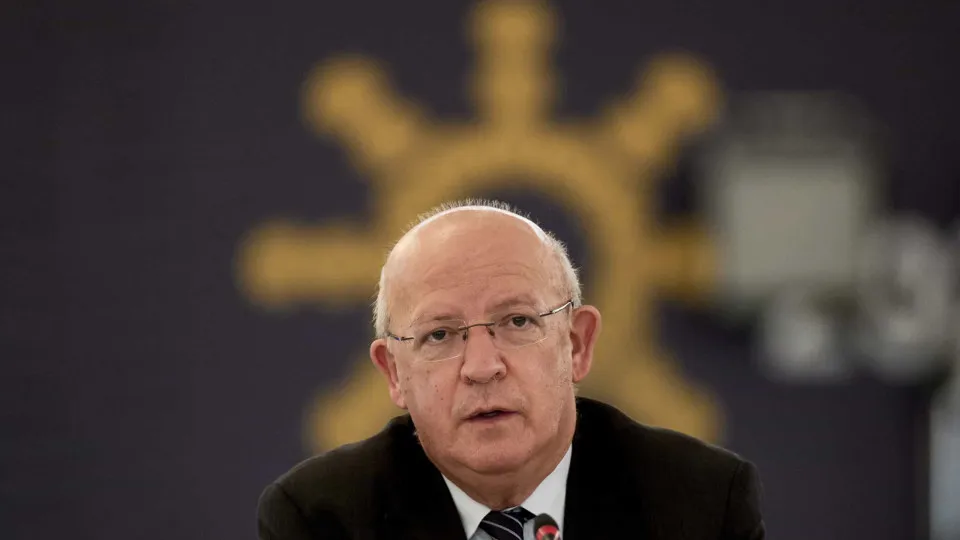
“We have globally positive results, around 50 points ModA. We are talking about results that are particularly balanced. I would highlight, from the viewpoint of diagnostic usefulness, the discipline of English and Portuguese as a Non-Native Language,” stated the Secretary of State for Education, Alexandre Homem Cristo.
The Institute for Educational Evaluation (IAVE) initiated the distribution of ModA test results to educational institutions, with reports now available by school/group and by class, the Ministry of Education announced.
The ModA tests were conducted this year for the first time in a digital format for the 4th and 6th grades of Basic Education, using calibrated and equivalent items year after year to ensure comparability and monitor students’ learning progress.
In a summary to Agência Lusa, the Secretary of State noted this was the inaugural year for these exams, introduced as a structural reform in external assessment to provide more transparency, predictability, and comparability, allowing for a more precise diagnosis of student learning.
Since this was the first year, the comparison base for future years is being constructed, which will allow monitoring of student progress.
Alexandre Homem Cristo mentioned that the assessment has already been positive because it provides diagnostics at the end of cycles and aligns with curricular documents, which can lead to improvements.
The Secretary highlighted IAVE’s significant methodological change, emphasizing comparability, in a test construction model similar to international OECD exams.
He also pointed out positive results, with scores around 50 points on a zero to one hundred scale.
“In the case of English, it’s particularly evident that students’ results were very positive, but this very positive outcome has significant public policy implications: we have about 75% of students at a proficient or advanced level (the highest on the ModA scale), meaning three-quarters of the students,” highlighted the Secretary of State.
He also stated that results showed students have proficiency levels above what is in curricular documents, prompting reflection on revising learning and potentially raising those levels.
For Portuguese as a Non-Native Language, 70% of students achieved proficient or advanced levels, indicating good performance, suggesting “there can be improvements introduced in this subject throughout the year.”
“We will assess whether these diagnostic tests can be applied in other contexts and at different times of the school year to see if students can progress to other proficiency levels or even join Portuguese classes with their peers,” he said.
When asked about identified weaknesses, Alexandre Homem Cristo preferred to highlight “the importance of diagnostics,” and the comparison possible between schools and classes.
“This allows schools to understand how students are progressing,” and from teachers’ and class perspectives, diagnostics provide insight into “the weaknesses of their students, the profile of their classes,” to “prepare or anticipate some difficulties and challenges they will encounter,” he stated.
The Secretary of State indicated that the assessment also identified, though in “smaller percentages,” beginner-level students with “very deep” difficulties in the literacies being evaluated.
“It is essential that these students are identified and supported by schools because they are at risk of falling behind,” affirmed the Secretary of State.
ModA tests are conducted annually in Portuguese and Mathematics disciplines for both grades and rotate with other subjects— in 2024/2025, English in the 4th grade and History and Geography of Portugal in the 6th grade.
Altogether, 343,673 tests were conducted at the end of the 1st cycle, representing an 88.15% completion rate, and 274,236 tests at the end of the 2nd cycle, representing a 93.97% completion rate.
ModA tests are part of the new external assessment model presented by the Ministry of Education, Science, and Innovation in July 2024.
The grading process for ModA tests was conducted by IAVE’s evaluation teams, comprising 289 supervising teachers.




